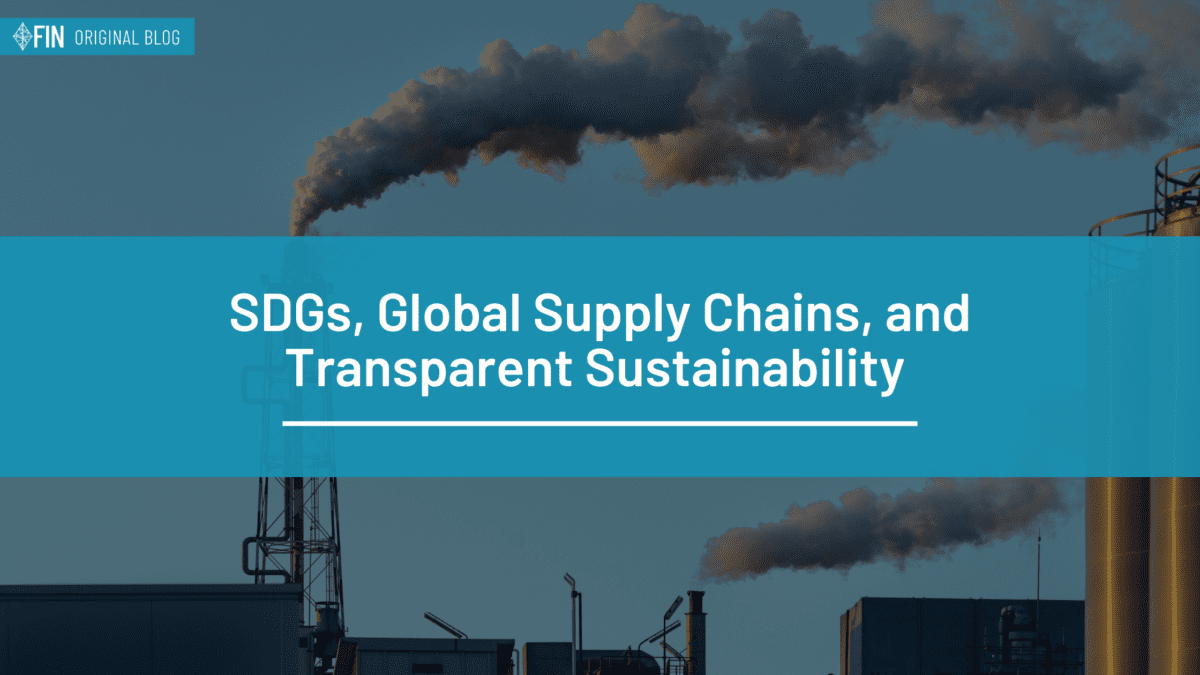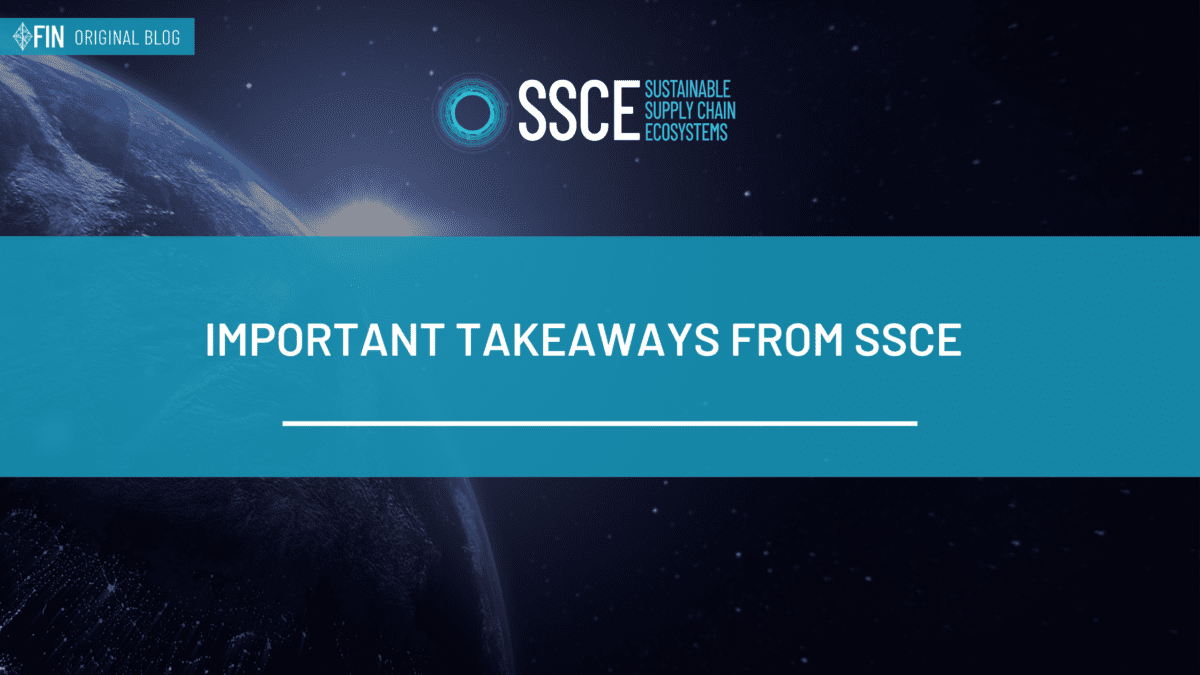Supply chains are becoming more intricate than ever before. New markets and the rise of outsourcing have allowed the possibility of creating resilient and ethical global supply chains whilst simultaneously achieving reducing costs by manufacturing in countries with emerging economies.
But, there are wider concerns to consider than individual organizations’ sustainability goals when creating global supply chains.
Enter the UN’s Sustainable Development Goals (SDGs).
In 2015, the UN outlined 17 key initiatives as a blueprint for UN members to improve the world by 2030.
These goals revolve around ethical, socioeconomic, and environmental goals and culminate to answer for much more than corporate sustainability policies. But, these goals should be used as a benchmark by companies to integrate more than just sustainability policies, but consider the impact they have on wider ethical and societal issues.
The truth is, supply chains should be considered a priority to accelerate the UN’s SDGs. If we are to hit the target in less than 8 years’ time, pressure must be put on supply chains to align with these goals.
Why Supply Chain?
Global supply chains are growing more and more complex, with endless touchpoints involved from the collection of raw materials to the delivery to the consumer.
There is growing pressure from stakeholders and consumers to ensure that outsourced companies and partners of an organization are accounted for when considering the overall output. This is not just in terms of the different scopes of carbon emissions, but also from an ethical responsibility standing.
It is at this point that global supply chains play a crucial role in achieving the UN’s 2030 goal. Supporting the international economic environment, tolerating only fair labor and sustainability practices. Take SDG 17.11, “increase significantly the exports of developing countries, in particular with a view to doubling the Least Developed Countries (LDC) share of global exports”. Increased trade in LDCs is a proven way to help reduce poverty and increase economic growth, but this must be done fairly and sensibly to ensure LDCs are not exploited. It is vital correct considerations are made to ensure reliance on singular exports does not cause increased fragility.
Supply chains that commit to exporting from LDCs help to ensure fair wages through their involvement in a global supply chain, and provide a reliable source of income to the countries, helping to grow the local economy. This is a mutually beneficial initiative to ensure your supply chain is strengthened, whilst also improving the conditions from within LDCs by applying your policies throughout your supply chain.
Sustainability has become mission-critical for businesses, we know this. But sustainability is not just about protecting the planet, but also ensuring fair and safe working conditions, mitigating risks, and protecting and supporting the economies of LDCs.
The UN’s Sustainable Development Goals provide a collaborative and agreed mission for truly sustainable practices to be agreed upon, and organizations play a monumental role in achieving this by leveraging sustainability right across their supply chains.
Of course, this is not an overnight correction, and to hit these targets purposeful, honest and intentional changes need to be implemented now.
With this pressure for improvement though, comes another issue, one of transparency.
Greenwashing
There have been calls to the UN over the last couple of years, to stop the SDG mission on grounds that it is fuelling greenwashing, emphasizing that the actions stated by the UN to improve these worldwide issues are in fact the same actions that are perpetuating them.
Others are claiming the SDG goals are being misreported by companies, with the dubbed ‘vagueness’ of the initiatives enabling some companies to publicize the efforts they are going to meet SDGs, which are simply either standard practices, or having little positive impact when further investigated.
More needs to be done to ensure businesses that use SDG as a positive marketing tactic also measure and quantify their efforts to prove its impact on the ground. A report stated that while 63% of large companies mention the SDGs in their corporate goals, only 19% of them are referencing quantitative targets. This is causing a large discrepancy in companies leveraging SDGs as a way to look good, without actually doing good.
Look at Fifa, the world governing body of football, whose recent claim that the upcoming Qatar World Cup will be carbon neutral has been labeled “dangerous and misleading”, with climate scientists arguing that the World Cup will in fact have a carbon footprint of 10 million tonnes – over three times the amount Fifa are claiming.
While SDGs are not inherently mentioned in this case, the fact stands that global companies are able to freely claim they are ‘offsetting’ carbon emissions, and ‘leading the way’ with little to no consequences or proof.
When you’re building infrastructure solely for a football tournament, it’s time to ask questions about what ethical sustainability really looks like.
Benefits without real impact
It’s often the case that businesses get on board with initiatives like SDGs to reap the benefits that come with publicly supporting social and environmental issues like this, but people are wising up.
As the world becomes more socially and environmentally conscious, businesses will no longer be able to get away with false claims and empty gestures. This has always been a matter of reputation, but greenwashing is no longer an easy way to win over new customers, but a surefire way to long-lasting loss of trust.
There have been calls for further measures to be implemented to ensure commitments and contributions to SDGs by companies are legitimate and meaningful. And it is proving legitimacy that will ensure the UN’s SDGs continue to be a force for good, rather than an opportunity for wrongdoers to benefit from false claims.
We must find a way to catch the companies who are tainting these initiatives, to ensure those who are working towards meaningful change are not discouraged from doing so and continue not only doing the right thing but encouraging others to do so too. Independent environmental bodies are needed to separate the legitimate from the liars, sanctioning dishonest reporting and upholding the integrity of those with the best intentions.
As the UN chief said, “we must inject a sense of urgency” now. 2030 is fast approaching, and how far to these goals can we really say we are?



